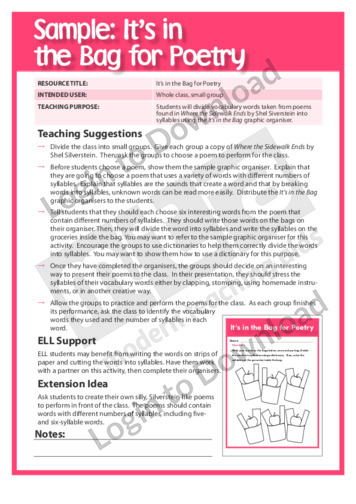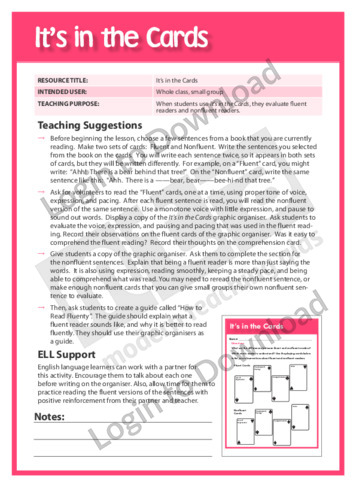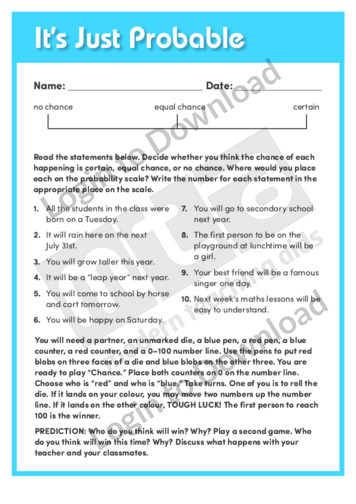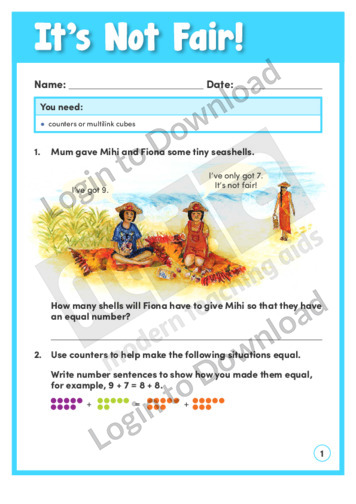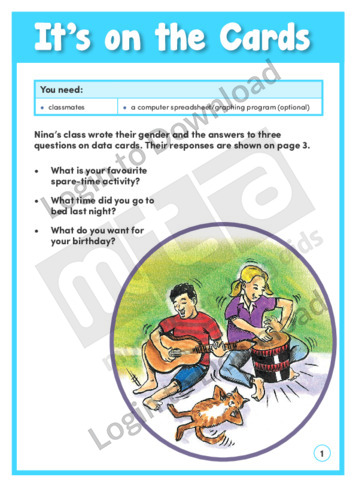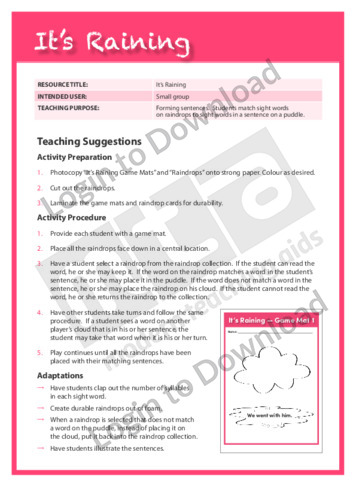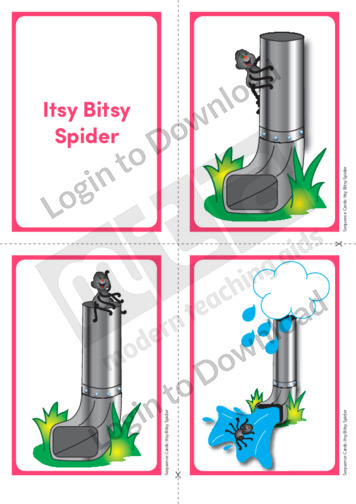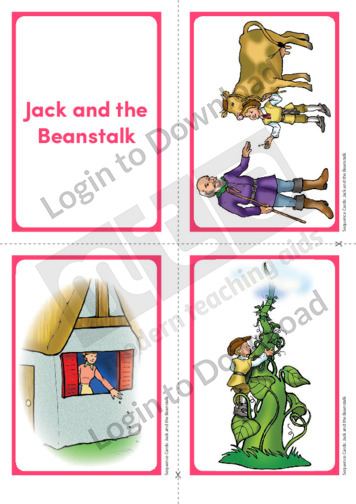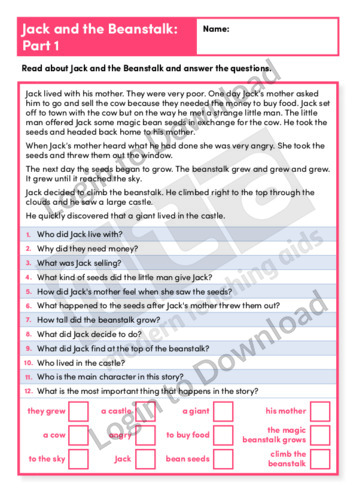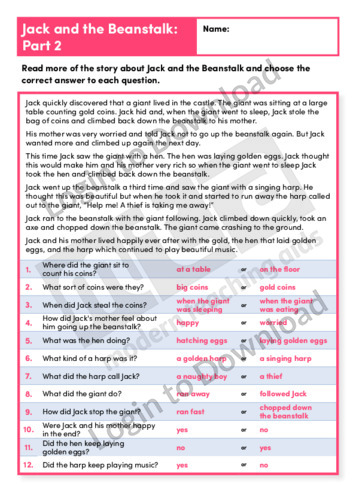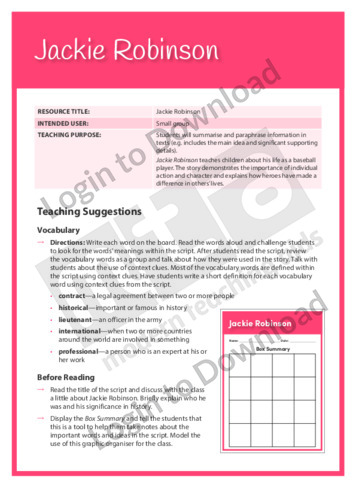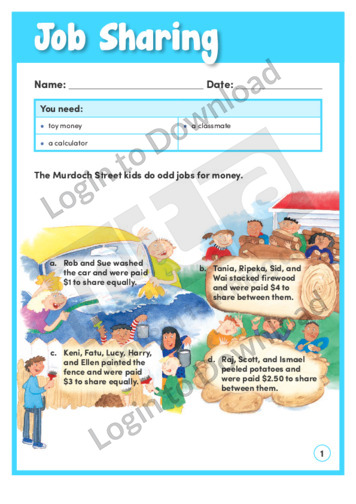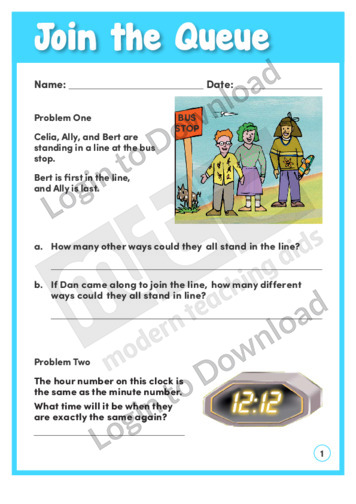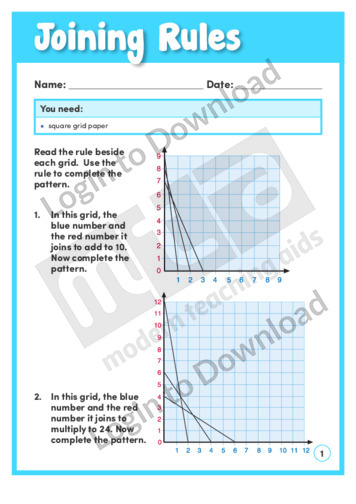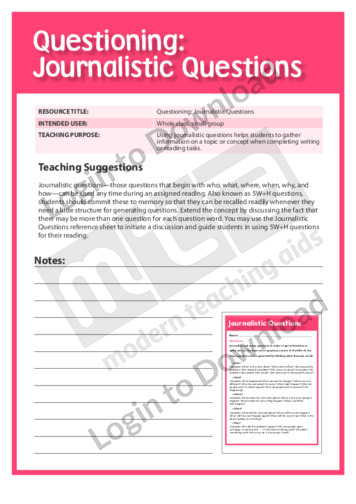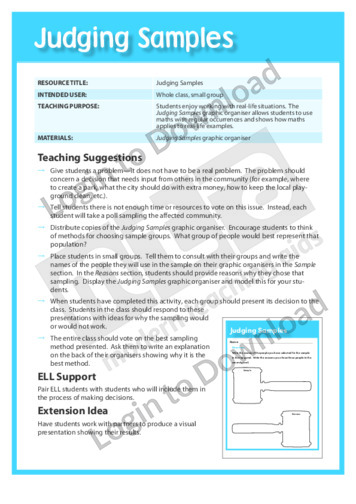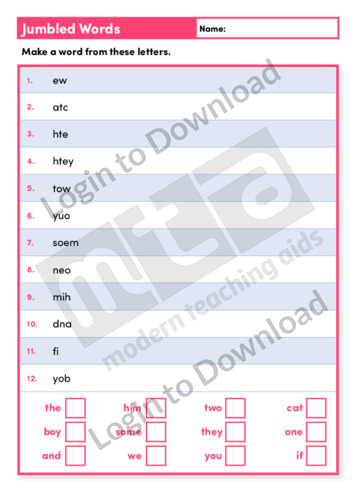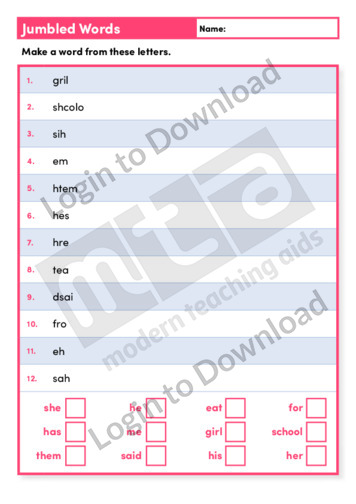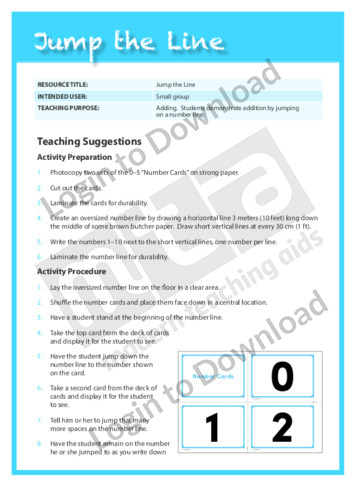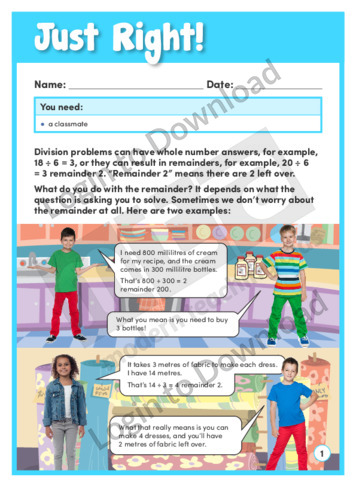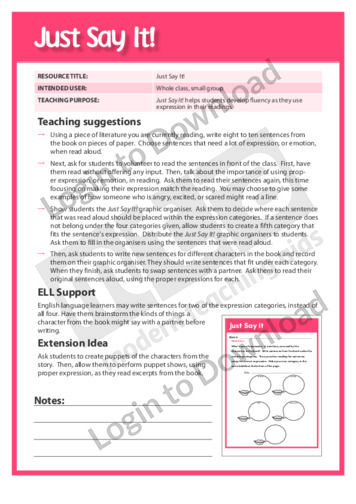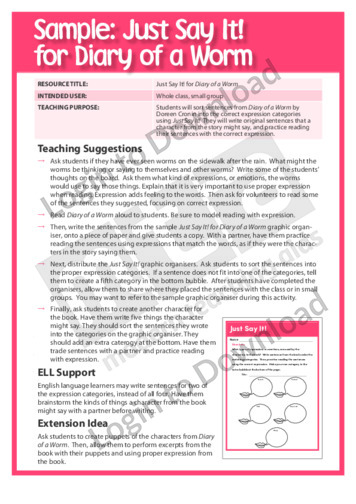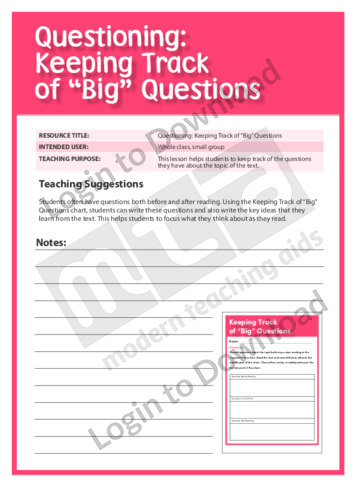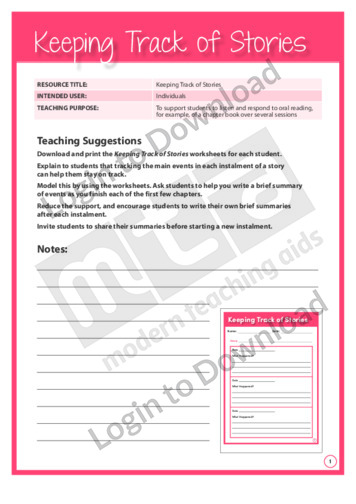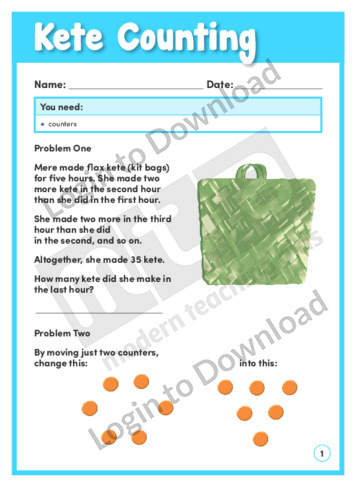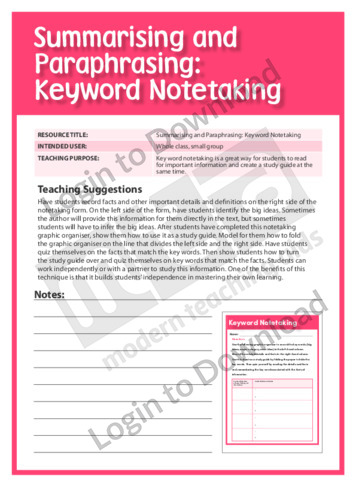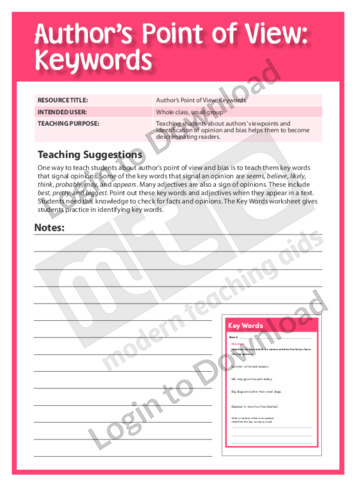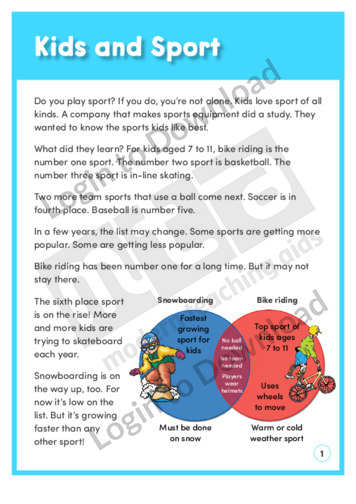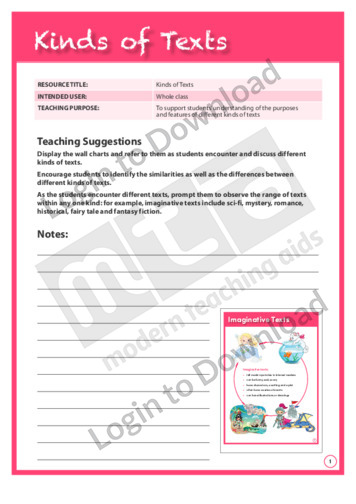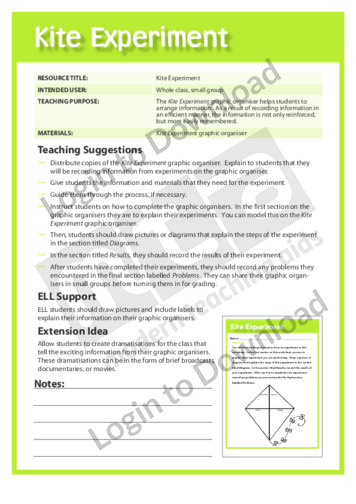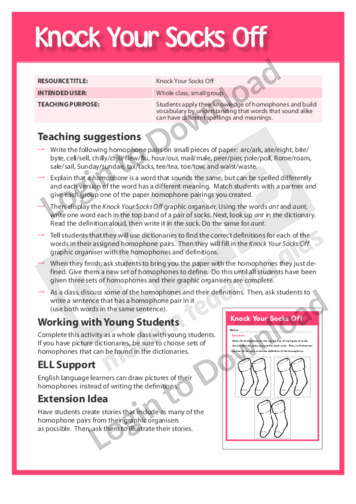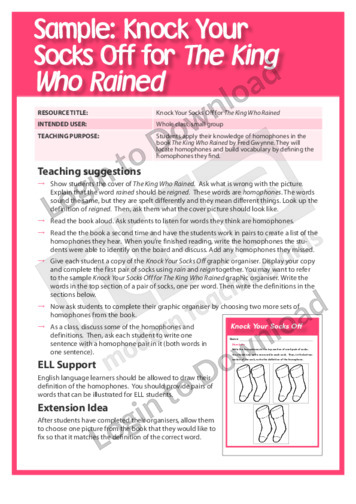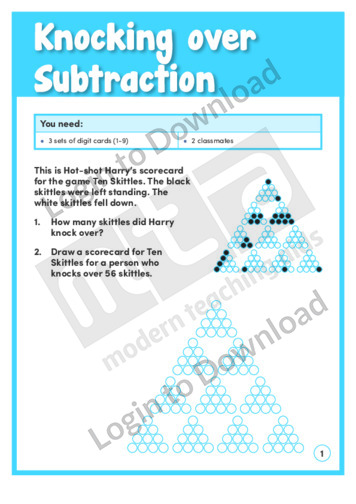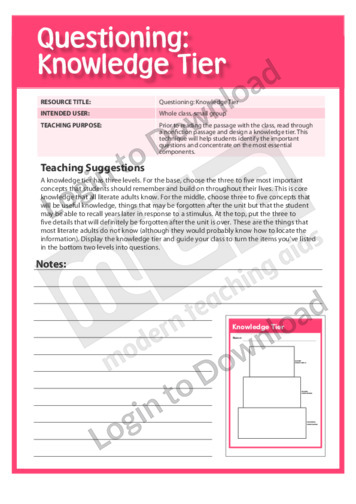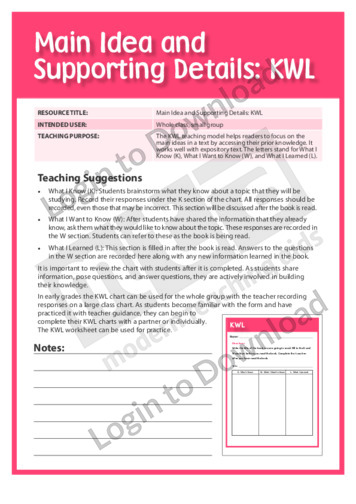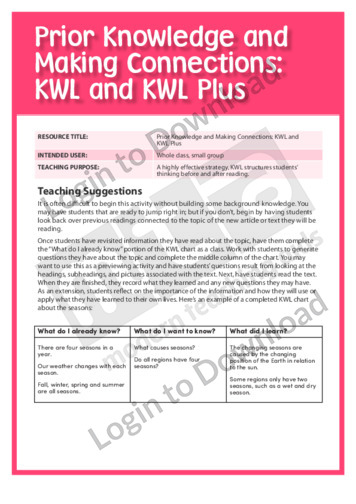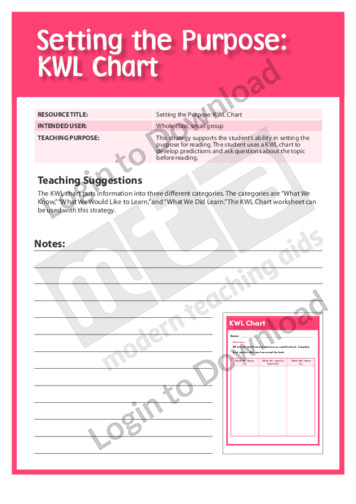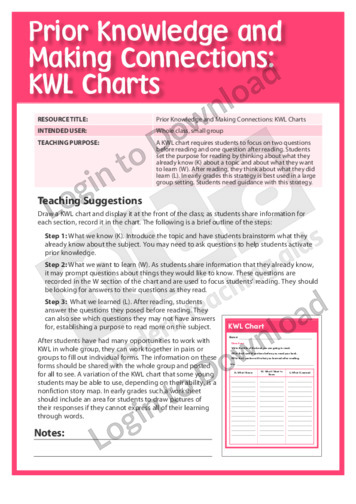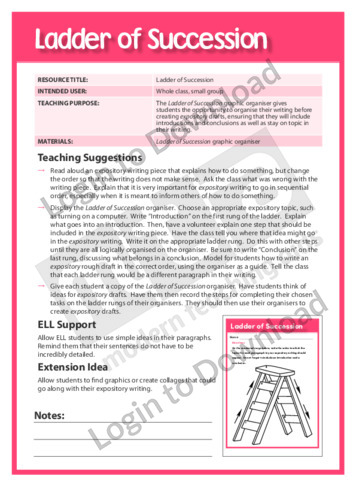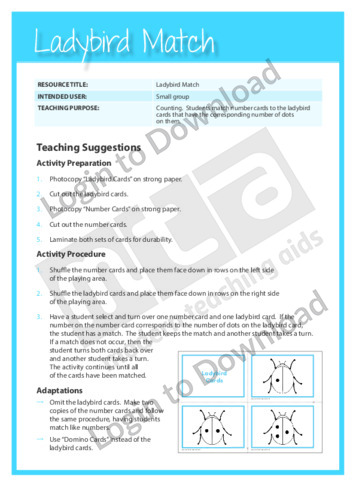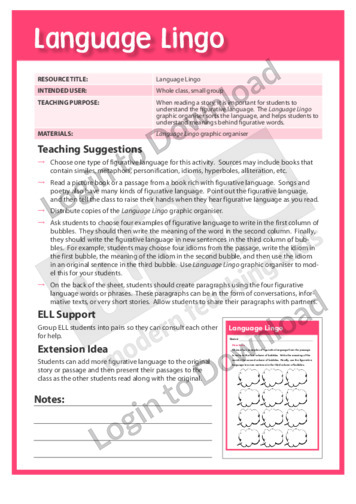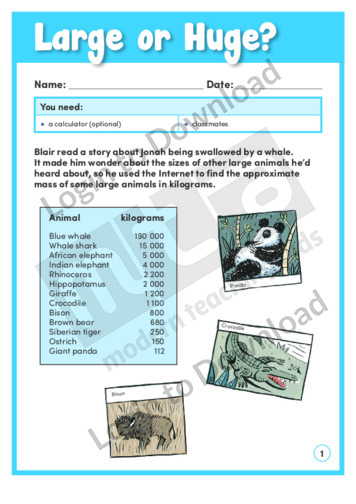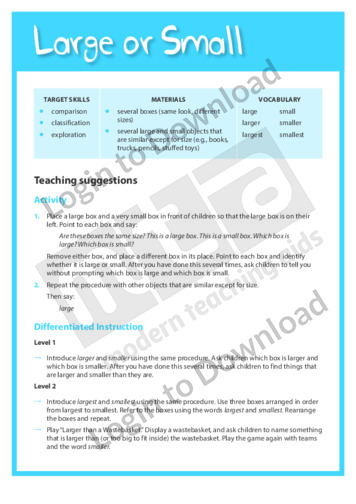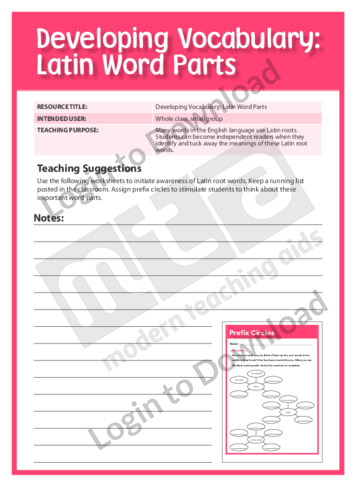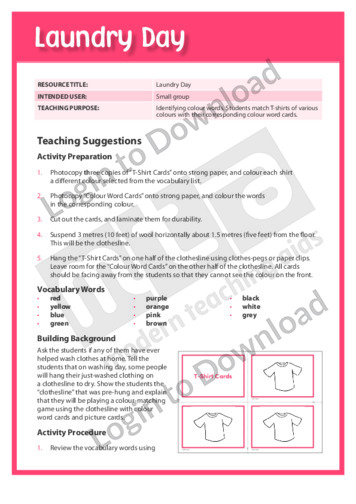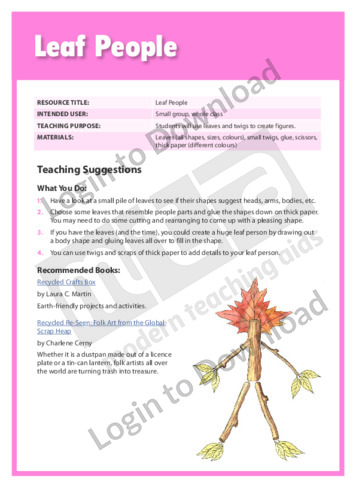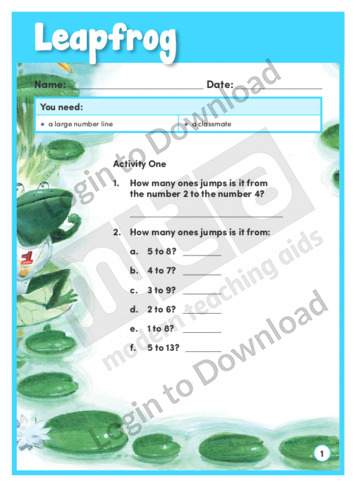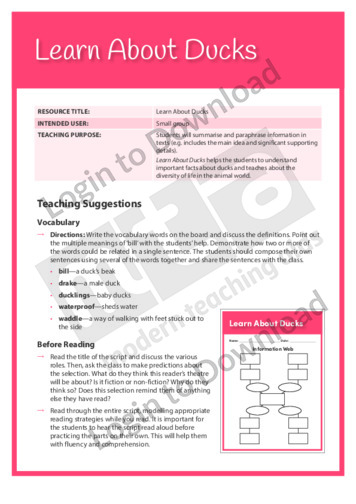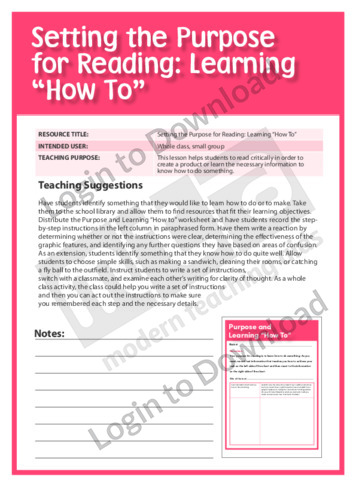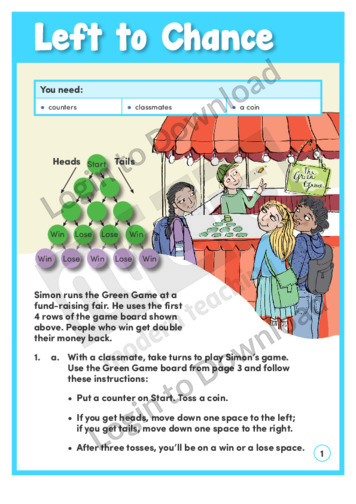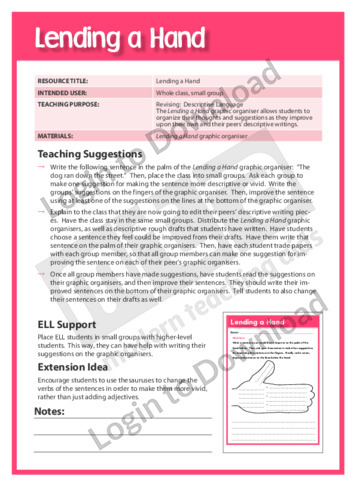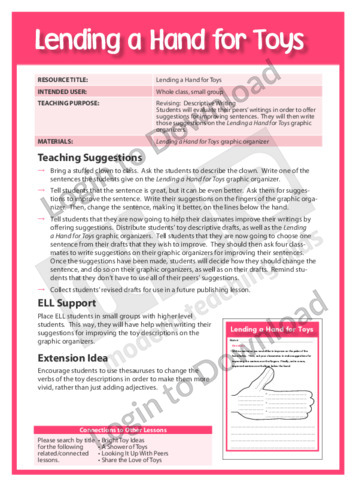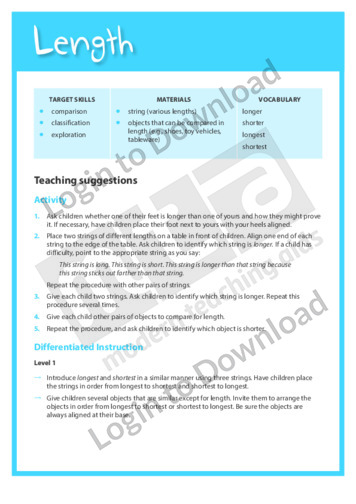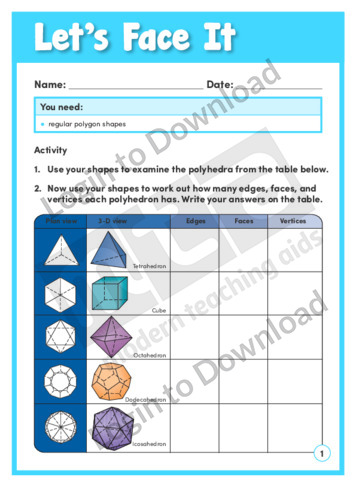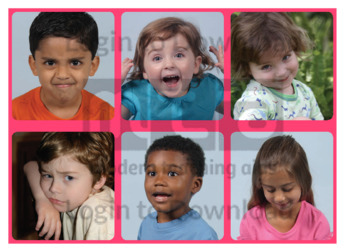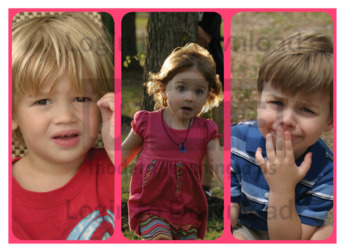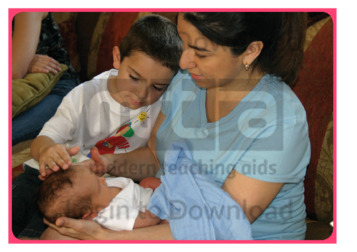This graphic organiser, ‘It’s in the Bag for Poetry’ asks students to divide vocabulary words taken from poems found in Where the Sidewalk Ends by Shel Silverstein into syllables.
This graphic organiser, ‘It’s in the Cards’ asks students to evaluate fluent readers and non-fluent readers.
This probability learning activity, ‘It’s Just Probable’ asks students to practise predicting and determining the certainty of events on the probability scale.
In the learning activity, ‘It’s Not Fair!’, students are challenged to regroup two numbers as equal amounts. An answer sheet is provided and includes accompanying teaching notes with suggestions for supporting learning and further exploration.
In this learning activity, ‘It’s On the Cards’, Nina’s class wrote some personal information on data cards. The information was displayed as a dot plot then used to help answer some questions. Students can use the activity to gather, represent, and interpret data within their own class. An answer sheet is provided and includes accompanying …More
This reading activity, ‘It’s Raining’ supports reading development by encouraging students to match sight words on raindrops to sight words in a sentence on a puddle. It is aimed at developing students’ awareness of forming sentences. It provides game mats and raindrop word cards.
This sequencing activity, ‘Itsy Bitsy Spider’ develops comprehension through sequencing images about the nursery rhyme of Itsy Bitsy Spider.
This sequencing activity, ‘Jack and the Beanstalk’ develops comprehension through sequencing images about the story of Jack and the Beanstalk.
This reading activity, ‘Jack and the Beanstalk Part 1’ provides opportunities for reading about Jack and the Beanstalk and answering comprehension questions.
This reading activity, ‘Jack and the Beanstalk Part 2’ provides opportunities for reading more about Jack and the Beanstalk and answering comprehension questions.
This Readers Theatre activity, ‘Jackie Robinson’ encourages students to summarise and paraphrase information in texts. It also builds reading fluency. This activity includes a script for 6 readers.
In this learning activity, ‘Job Sharing’ students help the Murdoch Street kids share out the money they have earned from doing odd jobs. An answer sheet is provided and includes accompanying teaching notes with suggestions for supporting learning and further exploration.
The learning activity ‘Join the Queue’ contains a variety of short problems for students to solve and discuss. The problems engage students in thinking about the strategies they can use to solve problems that involve standing in line, using maps, time, and calculator displays. An answer sheet is provided and includes teaching notes to support …More
In this learning activity, ‘Joining Rules’, students follow rules to make patterns on a grid. By solving simple equations, they are able to make and describe the geometric patterns formed by the lines between numbers in a pair. An answer sheet is provided and includes accompanying teaching notes with suggestions for supporting learning and further …More
This content area reading learning activity, ‘Journalistic Questions,’ helps students gather information on a topic or concept when completing writing or reading tasks. It is aimed at familiarising students with the 5W+H questions so that they can be recalled readily whenever they need a little structure for generating questions.
This graphic organiser, ‘Judging Samples’ allows students to use maths with regular occurrences and shows how maths applies to real-life examples.
This spelling activity, ‘Jumbled Words’ provides opportunities for practice with correctly spelling words using jumbled letters.
This spelling activity, ‘Jumbled Words’ provides opportunities for practice with correctly spelling words using jumbled letters.
This maths activity, ‘Jump the Line’ develops basic maths skills by encouraging students to demonstrate addition on a number line. It is aimed at developing students’ knowledge of adding. It provides number cards.
This graphic organiser, ‘Just Say It’ helps students to develop fluency as they use expression in their readings.
This graphic organiser, ‘Just Say It for Diary of a Worm’ asks students to sort sentences from Diary of a Worm by Doreen Cronin into the correct expression categories, then write original sentences and practise reading their sentences with the correct expression.
This content area reading learning activity, ‘Keeping Track of ‘Big’ Questions,’ helps students keep track of the questions they have about the topic of the text. It has students record the questions they have before and after reading and the key ideas that they learn from the text.
The word problems in the learning activity ‘Kete Counting’ challenge students to use a variety of strategies, and to develop their algebraic thinking. Strategies include trial and improvement, visualisation, and using multiplication arrays. An answer sheet is provided and includes teaching notes to support learning and further exploration.
This content area reading learning activity, ‘Key Word Notetaking,’ helps students read for important information and create a study guide. It is aimed at building students’ independence in mastering their own learning.
This content area reading learning activity, ‘Key Words,’ teaches students about authors’ viewpoints and identification of opinion and bias. It is aimed at helping students to become discriminating readers by teaching them about key words that signal opinion.
This content area reading activity, ‘Kids and Sport’ is a maths based reading comprehension exercise encouraging students to practise interpreting diagrams and other visuals.
This written language activity, ‘Kinds of Texts’ supports language development by encouraging students to understand the purposes and features of different kinds of texts. It is aimed at developing students’ awareness of the differences between imaginative, informative and persuasive texts.
This graphic organiser, ‘Kite Experiment’ helps students to arrange information from experiments in an efficient matter, that will be easily remembered.
This graphic organiser, ‘Knock Your Socks Off’ asks students to apply their knowledge of homophones and build vocabulary by understanding that words that sound alike can have different spellings and meanings.
This graphic organiser, ‘Knock Your Socks Off for The King Who Rained’ asks students to apply their knowledge of homophones in the book The King Who Rained by Fred Gwynne. They will locate homophones and build vocabulary by defining the homophones they find.
In this engaging learning activity, ‘Knocking over Subtraction’, students use subtraction to complete a skittle scorecard. They can also play the Nasty Game by using subtraction to find a winner. An answer sheet is provided and includes accompanying teaching notes with suggestions for supporting learning and further exploration.
This content area reading learning activity, ‘Knowledge Tier,’ helps students identify important questions and concentrate on the most essential components. It includes three different levels of concepts which students turn into questions.
This content area reading learning activity, ‘KWL,’ encourages students to focus on the main idea in a text. It is aimed at enhancing students’ comprehension of the text by having them access their prior knowledge.
This content area reading learning activity, ‘KWL Chart,’ helps students develop predictions and ask questions about the topic before reading. It is aimed at supporting students’ ability in setting the purpose for reading by having them use a chart to record what they know, what they want to learn and what they did learn.
This content area reading learning activity, ‘KWL Charts,’ supports students with activating prior knowledge and making connections. It encourages students to set a purpose for reading by thinking about what they already know about a topic, what they want to learn, and, after reading, what they did learn.
This graphic organiser, ‘Ladder of Succession’ supports students in organising and structuring their draft writing.
This maths activity, ‘Ladybird Match’ develops basic maths skills by encouraging students to match number cards with their corresponding ladybird dot cards. It is aimed at developing students’ knowledge of numbers. It provides ladybird cards, number cards and domino cards.
Did you know that a whale shark has three times the mass of an African elephant? The learning activity, ‘Large or Huge?’ features more interesting animal facts, and asks students to use fractions as they compare their masses. This activity includes comprehensive teaching notes to be read before beginning the activity with students, as they …More
This Beginning Maths activity, ‘Large or Small’ encourages students to identify, compare and arrange objects from smallest to largest.
This content area reading learning activity, ‘Latin Word Parts,’ helps students become independent readers. It is aimed at developing students’ vocabulary by teaching them how to identify the meanings of Latin root words.
This vocabulary development activity, ‘Laundry Day’ supports vocabulary development by encouraging students to match T-shirts of various colours with the corresponding colour word cards. It is aimed at helping students recognise colour words. It provides T-shirt cards and colour word cards.
This art project ‘Leaf People’ enables students to create leaf figures from leaves and twigs. It is aimed at developing students’ awareness of basic artistic procedures. It provides a list of materials, easy-to-follow step-by-step art instructions and a list of recommended art books.
In the learning activity, ‘Leapfrog’, students are challenged to make single-digit and two-digit jumps and jumps in tens and multiples of 10. An answer sheet is provided and includes accompanying teaching notes with suggestions for supporting learning and further exploration.
This Readers Theatre activity, ‘Learn About Ducks’ encourages students to summarise and paraphrase information in texts. It also builds reading fluency. This activity includes a script for 5 readers.
This content area reading learning activity, ‘Learning ‘How To,” helps students to read critically in order to create a product or learn the necessary information to know how to do something. It has students write a set of instructions, switch with a classmate and examine each other’s writing for clarity of thought.
This learning activity, ‘Left to Chance’, includes a board and instructions for a game of chance. Students play two different versions of the game 16 times each, record their results, and decide whether the game is fair. An answer sheet is provided and includes teaching notes with suggestions for supporting learning and further exploration.
This graphic organiser, ‘Lending a Hand’ provides students with the opportunity to edit and revise their draft writing through peer review and suggestions.
This graphic organiser, ‘Lending a Hand for Toys’ provides students with the opportunity to edit and revise their draft writing about toys through peer review and suggestions.
This Beginning Maths activity, ‘Length’ encourages students to identify, compare and arrange objects by length from shortest to longest.
This learning activity, ‘Let’s Face It’, asks students to use regular polygon shapes to analyse the features of Platonic solids. It also asks students to research Plato and his conclusions. An answer sheet is provided and includes accompanying teaching notes with suggestions for supporting learning and further exploration.
This oral language photo activity ‘Angry, Surprised, Embarrassed’, enhances vocabulary and concept development by providing a thought-provoking visual stimulus that can be used as a prompt to engage students in discussion. Each photo is complete with an accompanying lesson plan featuring tips and activities to develop oral language and vocabulary further.
This oral language photo activity ‘Anxious, Frightened’, enhances vocabulary and concept development by providing a thought-provoking visual stimulus that can be used as a prompt to engage students in discussion. Each photo is complete with an accompanying lesson plan featuring tips and activities to develop oral language and vocabulary further.
This oral language photo activity ‘Autumn’, enhances vocabulary and concept development by providing a thought-provoking visual stimulus that can be used as a prompt to engage students in discussion. Each photo is complete with an accompanying lesson plan featuring tips and activities to develop oral language and vocabulary further.
This oral language photo activity ‘Baby’, enhances vocabulary and concept development by providing a thought-provoking visual stimulus that can be used as a prompt to engage students in discussion. Each photo is complete with an accompanying lesson plan featuring tips and activities to develop oral language and vocabulary further.
This oral language photo activity ‘Baby and Daddy’s Hand’, enhances vocabulary and concept development by providing a thought-provoking visual stimulus that can be used as a prompt to engage students in discussion. Each photo is complete with an accompanying lesson plan featuring tips and activities to develop oral language and vocabulary further.
It�s that easy!

